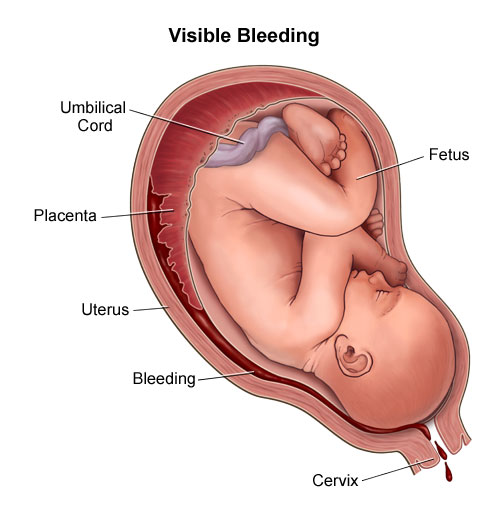Symptoms Of Low Fluid During Pregnancy
About 8 of pregnant women can have low levels of amniotic fluid with about 4 being diagnosed with oligohydramnios it can occur at any time during pregnancy but it is most common during the last trimester.
Symptoms of low fluid during pregnancy. Generally low blood pressure during pregnancy isn t a cause for concern unless you experience symptoms. Provides protective cushioning. If a woman has passed her due date by two weeks or more she may be at a high risk for this condition as the fluids can decrease by half after she reaches 42 weeks gestation. Protects the baby and uterus from infection.
Dehydration during pregnancy can result in very serious complications including. This is typically done during labor if there are fetal heart rate abnormalities. Oligohydramnios what is amniotic fluid. The dangers of low amniotic fluid depend on a few factors like the volume of fluid how far along the pregnancy the mother is and the cause of low levels of amniotic fluid.
The condition of low amniotic fluid can occur at any time during pregnancy. It s also used in the amniotic sac. Increased chances of miscarriage. Dehydration during pregnancy can lead to serious pregnancy complications including neural tube defects low amniotic fluid inadequate breast milk production and even premature labor.
However it is most common during the last trimester. During the first 14 weeks of your pregnancy fluid passes from your circulatory system into the amniotic sac. Poor production of. Low amniotic fluid can simply be the result of a fluid leak or puncture in the amniotic sac after amniocentesis or of a spontaneous fluid leak at any point during pregnancy that s so small it often goes unnoticed.
Serves as a backup of nutrients and fluids for your baby. If a woman is past her due date by two weeks or more she may be at risk for low amniotic fluid levels since fluids can decrease by half once she reaches 42 weeks gestation. Early in the second trimester your baby starts to swallow the fluid pass it through her kidneys and excrete it as urine which she then swallows again recycling the full volume of amniotic fluid every few hours. Low amniotic fluid during pregnancy.
The trimester wise risks are as follows. These risks in turn can lead to birth defects due to lack of water and nutritional support for your baby. Big drops may be the sign of a serious or even life threatening problem. Compression of fetal organs resulting in.

